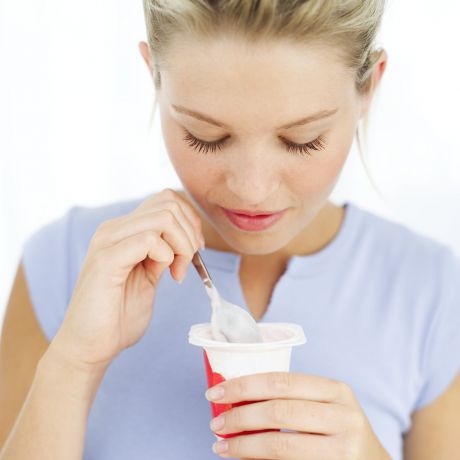New packaging materials from cheese

New packaging materials from cheese
Synthetic oxygen barriers protect foods, pharmaceuticals and cosmetics from detrimental contact with air and moisture. EU-funded scientists have developed novel bio-based barriers from cheese by-products for complete recyclability.
Petroleum-based barriers have come under increasing legislative and
consumer pressure due to their environmental and potential health
impacts. Such pressures provided the impetus for the WHEYLAYER 2
(WHEYLAYER2: Barrier biopolymers for sustainable packaging) project,
which developed plastic film coatings made from whey, a natural cheese
by-product.
The consortium produced a whey protein barrier biopolymer that can replace petroleum-based plastics and be removed enzymatically for recyclability. Furthermore, the material will have better barrier properties than existing biopolymers.
A patent was filed and project partners are now working towards its full-scale industrialisation and commercialisation. An industrial coating and drying machine was built and simulations of the coating process tested. Production trials and storage tests were carried out on tubes and thermoformed jars for the food and cosmetics industries as well as on blisters for the pharmaceutical industry.
Scientists also investigated the use of whey protein concentrate instead of pure whey protein isolates (WPIs) for a more cost-competitive solution. Substitution was successful with the oxygen barrier properties very close to the best results with WPIs.
The consortium produced coated unplasticised polyvinyl chloride trays with acceptable oxygen transmission rates for modified atmosphere packaging. The trays showed potential for printability and underwent printing trials. Certified food safety tests were conducted, and material safety data sheets and technical data sheets were created. Environmental data sheets were prepared using peer-reviewed life-cycle analysis.
WHEYLAYER 2 has responded to consumer demand for environmentally friendly products and the volatile price of petroleum. It has provided packaging manufacturers and end users with a biopolymer product that enables them to design recyclable multilayer packaging or fully compostable solutions.
Furthermore, WHEYLAYER 2 will open the way to new applications for whey protein and help prevent environmentally hazardous whey from ending up in European waste streams. The project will therefore support the cheese making industry at European level as demand for whey increases. This in turn will have a positive impact on rural sustainability since the dairy industry is the backbone of many EU rural economies.
published: 2015-10-01